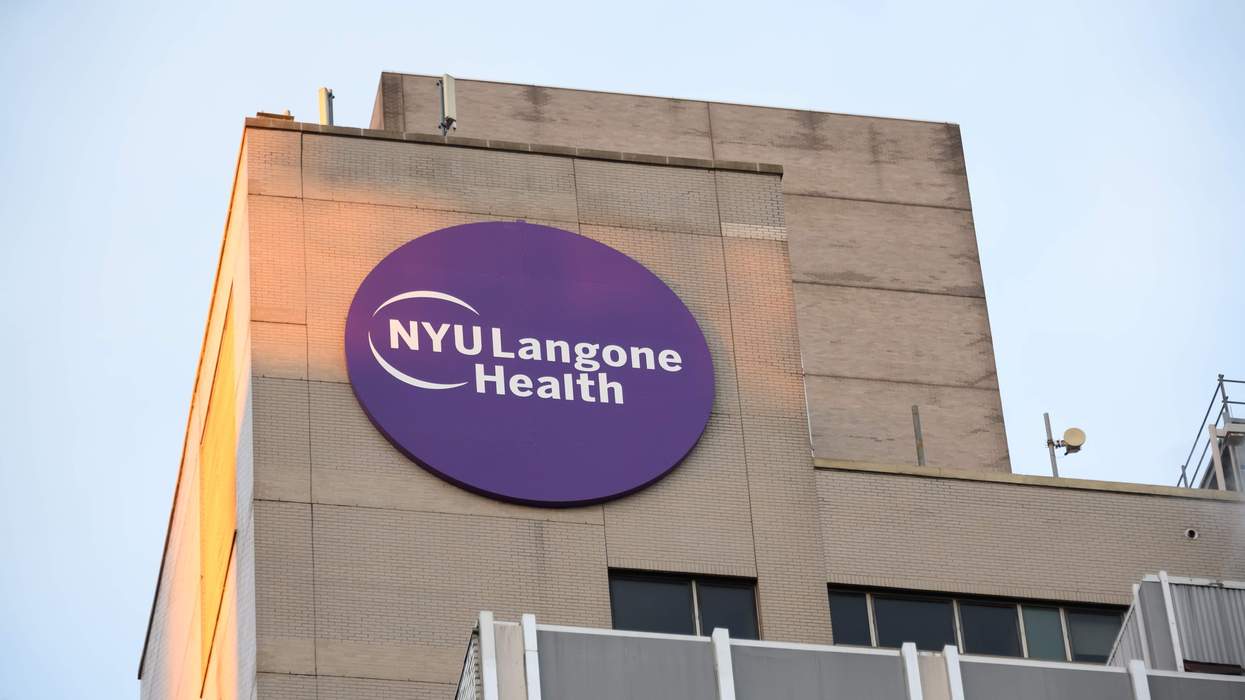Companies tout inclusiveness at gay workers summit
When 600 gay and lesbian professionals gathered Thursday for an annual conference, they had company--Best Buy, IBM, Target, and other major corporations pitching themselves as fair, open, inviting places to work. "Some of these companies I shop at every day. I didn't realize they were as
open," said Carlos Trevino, who arrived from Dallas for the opening of the Out & Equal Workplace Summit. Trevino's employer, J.P. Morgan Chase & Co., was one of 60 companies that sent representatives to the three-day conference for gay, lesbian, bisexual, and transgendered workers, passing out free pens and flying discs to attendees from across the country. Many cited improvements in work environments for gays, including company domestic-partner benefit forms that increasingly list a "significant other" option and employers whose senior executives serve on diversity boards.
Yet some of those attending the conference say discrimination remains prevalent and that gay concerns can become lost when companies group them with religious and racial issues in broad diversity training. "We're like the invisible minority as far as diversity training goes," said Lori Mahla, who is gay and works at a nursing home in Ramsey County, Minn. Most of the questions Adam Wolf fielded at the Hewlett-Packard Co. booth were about the atmosphere at HP--which he boasted had created a global council to address gay issues--rather than the company's long-term strategy or business outlook. "The questions are less about the overall outlook of the company," said Wolf, who is gay and from Loveland, Colo. "It shows that people really do care about the work environment."
Many attendees said the mere presence of such companies as Honeywell, Deutsche Bank, Motorola, and Daimler Chrysler at the conference was a big step forward, but they also acknowledged critical shortcomings. Candi Wallace, who works for Cargill Inc. in Minneapolis, said gay workers face small challenges, like being allowed to hang a partner's picture on a cubicle wall, as well as larger ones, like same-sex partner health benefits. Cargill does not offer such benefits. "We're really changing the face of diversity," said Debra Davis, who is transgendered and is the executive director of the Minnesota-based Gender Education Center. She has been hired by companies and government agencies to speak on
transgender issues since her well-publicized transition in 1998. Davis, then a Minneapolis high school librarian, left work as a man on Friday and returned on Monday as a woman. Davis was later involved in a federal lawsuit by a woman teacher who objected to using the same rest room Davis used. An appeals court ruled last year that the school district met its legal obligations when it offered alternative facilities to the teacher who complained. "We're starting to make noise. We're starting to make a difference," said
Davis, who presented a workshop at the conference on attitudes toward transgendered workers.
Nearly two thirds of Fortune 500 companies now include sexual orientation in their nondiscrimination policies, according to an August study by the Human Rights Campaign Foundation. Seventy-one percent of the companies surveyed advertised to the gay community, up from 61% in 2002. The report looked at 250 companies from the Fortune 500 and Forbes 200 lists. It gave perfect scores to 21 companies for their treatment of gay and lesbian employees, up from 11 last year. No company received a score of 0; last year three companies did. The scoring included whether health insurance coverage was offered to same-sex partners and whether the companies had nondiscrimination policies covering sexual orientation and gender identity.
Another study by the gay rights advocacy group found that 15 cities and counties enacted laws in 2002 banning discrimination based on sexual orientation, compared with eight in 2001. By the end of last year, 119 cities and 23 counties had such laws in place. Joe Campbell, who works in consumer relations for consumer products giant Procter & Gamble, said awareness of gay, lesbian, bisexual, and transgender issues is increasing on the work front--but at its own pace. "It's getting better," said Campbell, of Cincinnati, "and it's slow."















